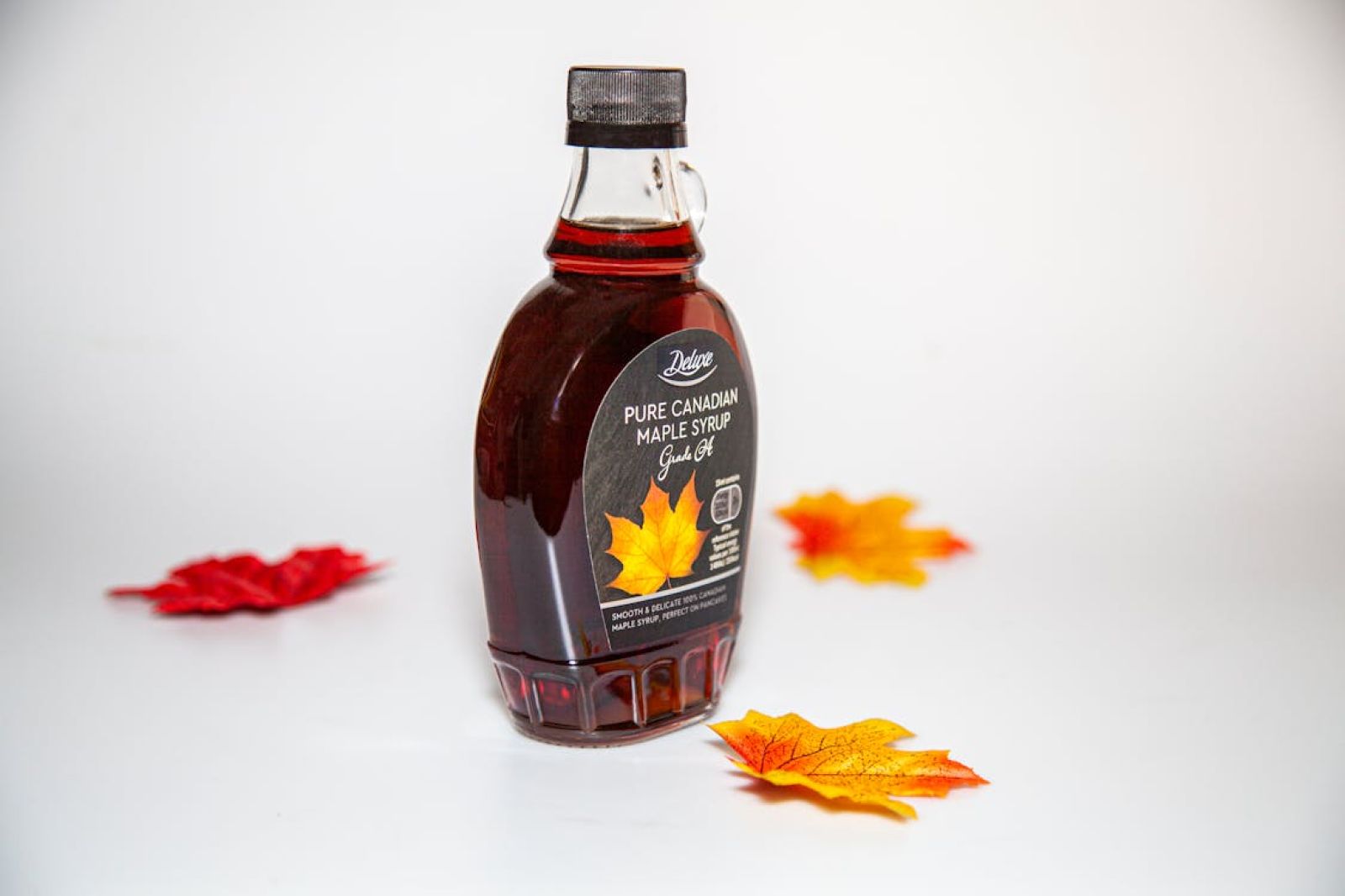Follow us on Google News (click on ☆)
"We observed significant cardiometabolic effects by replacing about 20% of the calories consumed daily from sugar with maple syrup. From a practical standpoint, this dietary change is easily achievable," comments the study's lead author, André Marette, professor in the Faculty of Medicine at Université Laval and researcher at the Research Center of the Quebec Heart and Lung Institute and Université Laval's Institute of Nutrition and Functional Foods.

Illustration image Pexels
A few months ago, Professor Marette's team published the results of a study conducted on mice subjected to a high-fat, high-sugar diet. Analyses showed that replacing a quarter of the daily sugar intake with maple syrup reduced insulin resistance, refined sugar digestion, intestinal glucose absorption, and liver inflammation.
In light of these results, the research team conducted a similar experiment on a group of 42 overweight individuals (average body mass index of 28) who had not yet developed significant health problems. For 8 weeks, participants had to modify their diet by replacing part of their daily sugar intake with maple syrup. This substitution amounted to 5% of their total daily calories, or between 0.7 and 1.4 fl oz (20 and 40 ml) of maple syrup.
Analyses revealed that this substitution was linked to improved glucose metabolism, lower blood pressure, and a reduction in abdominal fat reserves. "This last result seems particularly important to us because this type of fat is a major risk factor for cardiometabolic diseases," notes Professor Marette.
The researcher offers two hypotheses to explain the beneficial effects of maple syrup. "On the one hand, the polyphenols found in maple syrup could reduce the activity of an enzyme, intestinal alpha-glucosidase, which breaks down sucrose into glucose and fructose. As a result, fewer carbohydrates would be absorbed into the bloodstream, leading to less variation in blood sugar levels. On the other hand, the changes we observed are associated with modifications in the composition of the gut microbiota. These changes could impact the host's inflammatory response."
"Maple syrup is still a sugar and should be consumed in moderation," reminds Professor Marette. "However, our study suggests that this sweetener could mitigate some of the negative effects of refined sugar. It might, therefore, be beneficial to replace part of the sugar we consume with maple syrup."